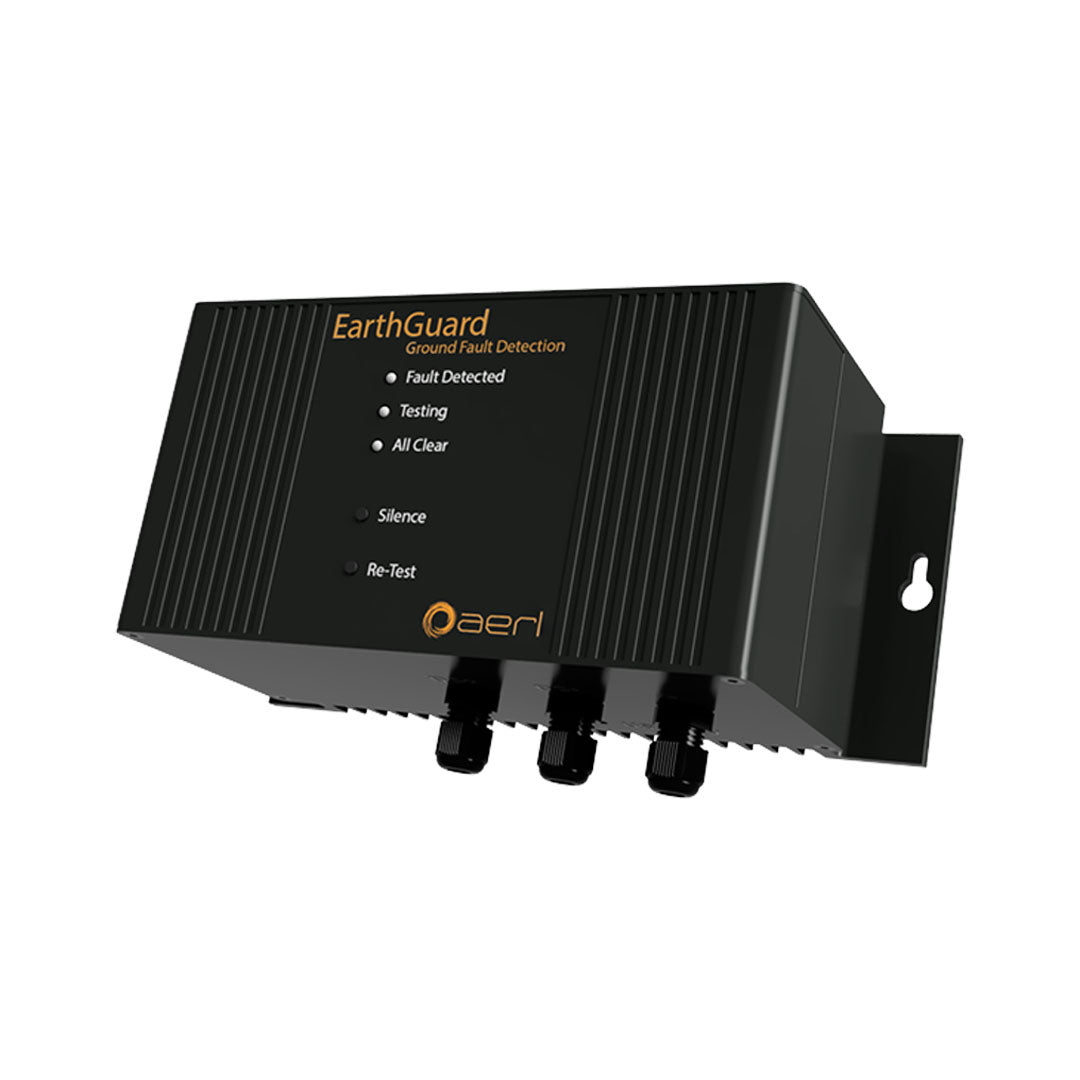here is a petition for interested people to sign requesting free access to all Australian standards.
https://www.aph.gov.au/e-petitions/petition/EN4101
https://www.aph.gov.au/e-petitions/petition/EN4101
About time some action is taken to correct this.here is a petition for interested people to sign requesting free access to all Australian standards.
https://www.aph.gov.au/e-petitions/petition/EN4101

Still illegal!!.... Only 12 & 24v systems come under the new lower voltage rules (38v?)It would need some interesting redesign of the home built solar controllers, but it would then effectively become two 50 volt systems.
Still illegal!!.... Only 12 & 24v systems come under the new lower voltage rules (38v?)
Even my 12v system contravenes some chapters I have seen because the number of panels exceed the power limitation.
so it seems the lobby from the electricians has won over there.I have read the draft of the new standards. And my understanding of it is, any circuit directly connected to the circuit you wish to work on that is above 60v then makes the whole circuit illegal to work on without electrical licence. It mentions that for instance a charge controller with an input greater than 60v will then mean that the whole circuit then becomes dvc-b and requires an electrician to work on it.
It also means that as soon as you connect an inverter to the circuit, because it has the potential to produce 240v. The whole circuit then becomes dvc-b. So basically you can't run pretty much any panels in series or even use an inverter or it then becomes illegal for you to work on the system without a licence.
And because it's very hard to get any solar Panels that will charge a 48v battery and be below 60v you pretty much can't have 48v battery without an electrical licence either.
So all you can really do is have a 24v battery and charge it from solar panels in parralel. You can't even connect an inverter to it.
I’m glad you aren’t a licensed electrician.I have read the draft of the new standards. And my understanding of it is, any circuit directly connected to the circuit you wish to work on that is above 60v then makes the whole circuit illegal to work on without electrical licence. It mentions that for instance a charge controller with an input greater than 60v will then mean that the whole circuit then becomes dvc-b and requires an electrician to work on it.
It also means that as soon as you connect an inverter to the circuit, because it has the potential to produce 240v. The whole circuit then becomes dvc-b. So basically you can't run pretty much any panels in series or even use an inverter or it then becomes illegal for you to work on the system without a licence.
And because it's very hard to get any solar Panels that will charge a 48v battery and be below 60v you pretty much can't have 48v battery without an electrical licence either.
So all you can really do is have a 24v battery and charge it from solar panels in parralel. You can't even connect an inverter to it.
Who rattled your chain? My quote was aimed at @dangriffo32, who was providing misleading information. (ie, any inverter connected circuit needs to be installed by a licensed electrician)Never claimed to be a licensed electrician.
Are you ?

What earth alarms are there for a 50V System?
Screw 'em. I've been learning and doing it anyway. And watching the cricket.And thats the way we like it in Australia. You shouldn't be trying to learn anything for yourself. You should come home from work and sit on the couch and watch cricket or home and away. We don't want people learning or doing things for themselves.
I'm in no way defending the insurance company requirement, but they are not just concerned about the risk to you personally. They are also considering other parties who may come a cropper falling off the end of your deck. Insurance is also there to cover for that liability.My deck is 88 inches above the ground, and has no railing on one end. Code says it must have a railing. But the code writer does not have to clear the snow from the deck, I do. If I put the railing on that end, I will have to lift the snow over the railing all winter, 100% chance I will hurt my back or worse, 21 years of using the deck never fell off due to lack of a railing. 21 x 365 = 7885 days with zero mishaps. If they want a railing, then they can come and shovel the snow from then on, otherwise doing it my way, at my own risk.


